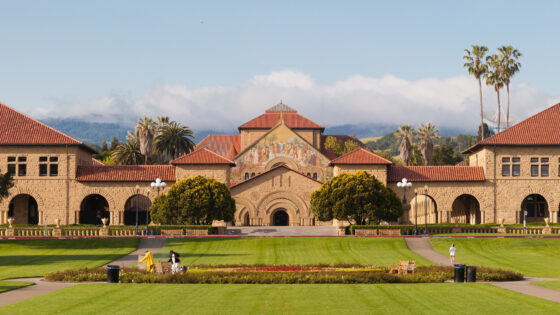http://www.haaretz.com/hasen/spages/1119625.html
Israeli scientists were overjoyed to hear yesterday that Prof. Ada Yonath had won the Nobel Prize for chemistry. But several senior scientists noted that the Nobel prizes awarded to Israeli scientists in the last decade were a result of investments in education and scientific infrastructure that were made decades ago.
The state of science education and research infrastructure in Israeli universities today raises fears that such achievements would not occur in the future, they said.
“Almost all the Israelis who received the Nobel Prize in recent years are a product of the Israeli academic system and not foreign ‘imports,’ so the credit must go to our higher education system,” says Professor Jacob Ziv, former president of the Israel Academy of Sciences and Humanities and a leading scientist in the field of data-compression.
“The prize is given for proven achievements that have had great impact. This takes decades of work, as in the case of Yonath, [Prof. Aharon] Ciechanover and [Prof. Yakir] Aharonov.
That means that a few decades ago there was something very special here, deriving from the vision of the founders of the state.
How did little Israel of the 1960s and ’70s manage to produce some of the world’s best scientists? “A very good education in basic science gave Israel an advantage,” Ziv says. “Another thing is the freedom to let imagination run wild. In Israel everybody talks to everybody. Curiosity and direct communication with people are part of the Israeli mentality. Improvisation and Israeli chutzpah help too. But of course perseverance is required as well. Thomas Alva Edison said that genius is 10 percent inspiration and 90 percent perspiration. The main condition is a system that enables it to grow, and growth takes time. It takes a long time to cultivate a microbe. This is also true for scientific and technological research. It’s a question of allocating resources, but also of the public’s attitude toward science. Today scientists are respected only when they win a prize or a competition. People don’t understand that all these things depend on constant hard work.”
Only 9,362 of Israel’s 116,000 high-school graduates last year studied chemistry, Education Ministry figures show. About 13,000 studied some biology and 11,000 studied physics. This means that around 80 percent of high school graduates were not exposed to sciences at all.
This lack of science education is already reflected in university research, says Ziv.
“In recent years we’ve received a boost from immigrants from the former Soviet Union, who received a good science education there. But now the students’ standard is plunging again,” he says.
Numerous scientists took part in the work for which Yonath was awarded the Nobel, studying the structure and function of the ribosome. One of them is Roger David Kornberg of Stanford University, who received the Nobel Prize for Chemistry in 2006. His father, Arthur Kornberg, who was also a professor at Stanford University, won the Nobel Prize for Physiology or Medicine in 1959.
Last year Kornberg came to Israel for the President’s Conference hosted by President Shimon, participating in a discussion of how to maintain Israel’s prowess in scientific research. He said Israel was living on borrowed time and must double the number of academic positions immediately if it wants to preserve its scientific and technological advantage.
Unless significant resources were invested within a short time, it would be too late, and it’s the state’s responsibility, Kornberg said.
Yonath, a professor and head researcher in structural biology and biochemistry at the Weizmann Institute of Science in Rehovot, began her career in Hebrew University in Jerusalem in the early 1960s.
“Forty years ago, in the ’60s, it was clear that you couldn’t maintain a state here without scientific ability. The government doubled the number of places in universities,” the President of Hebrew University, Menahem Ben-Sasson, said. “This was facilitated by the public awareness of the power of science.”
Yonath is the fourth woman to win the Nobel chemistry prize and the first since 1964, when Dorothy Crowfoot Hodgkin of Britain received the prize.



